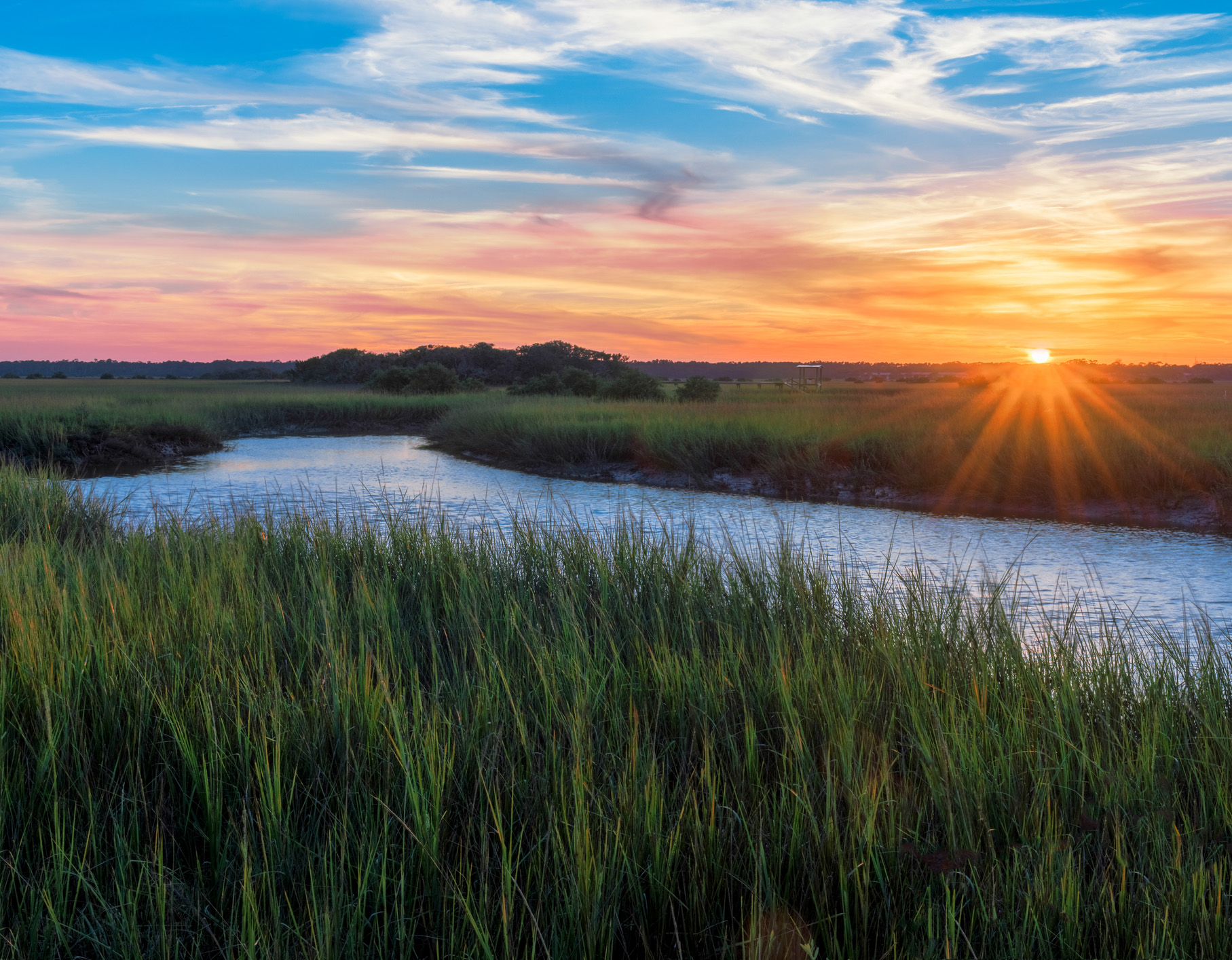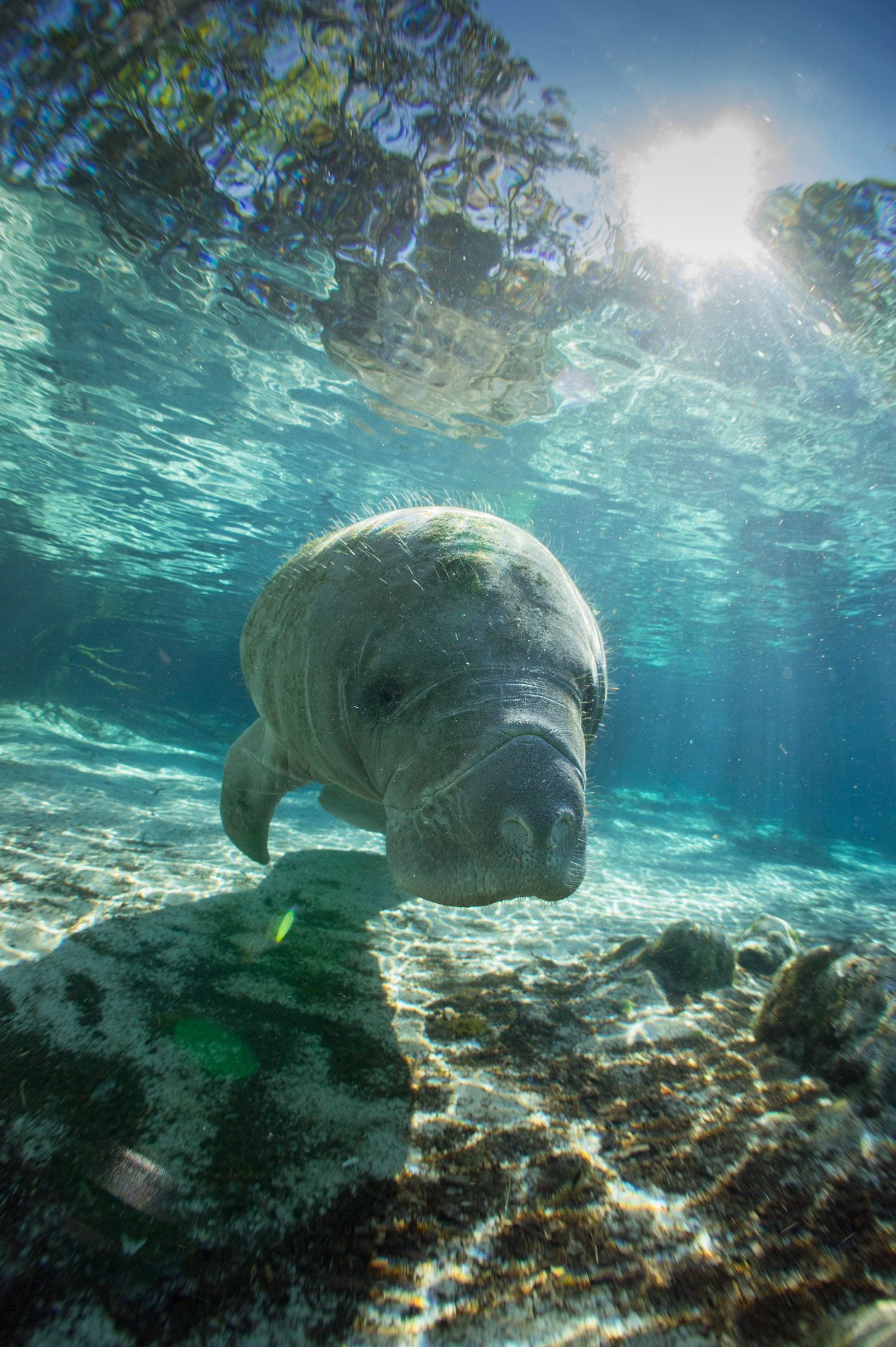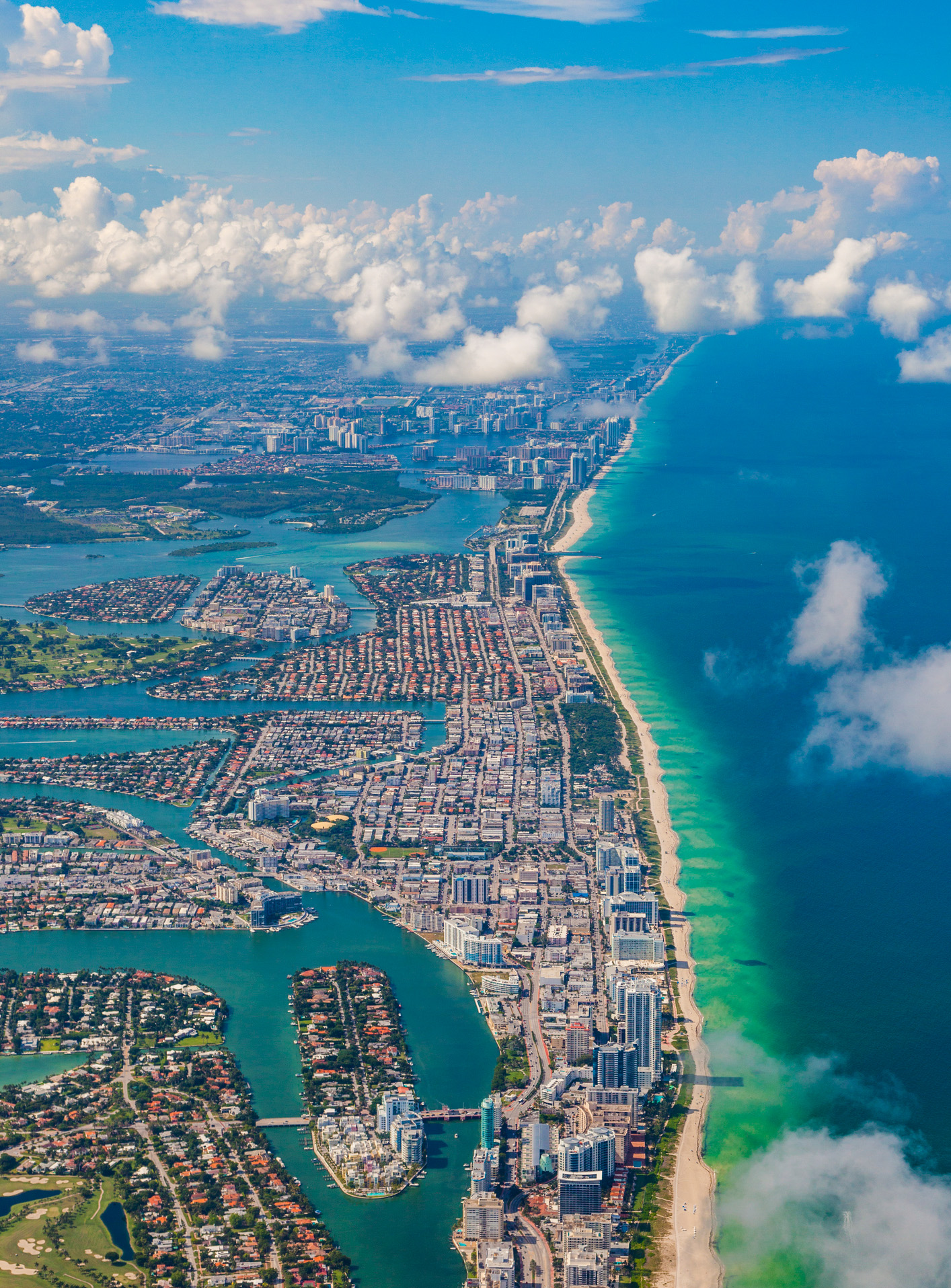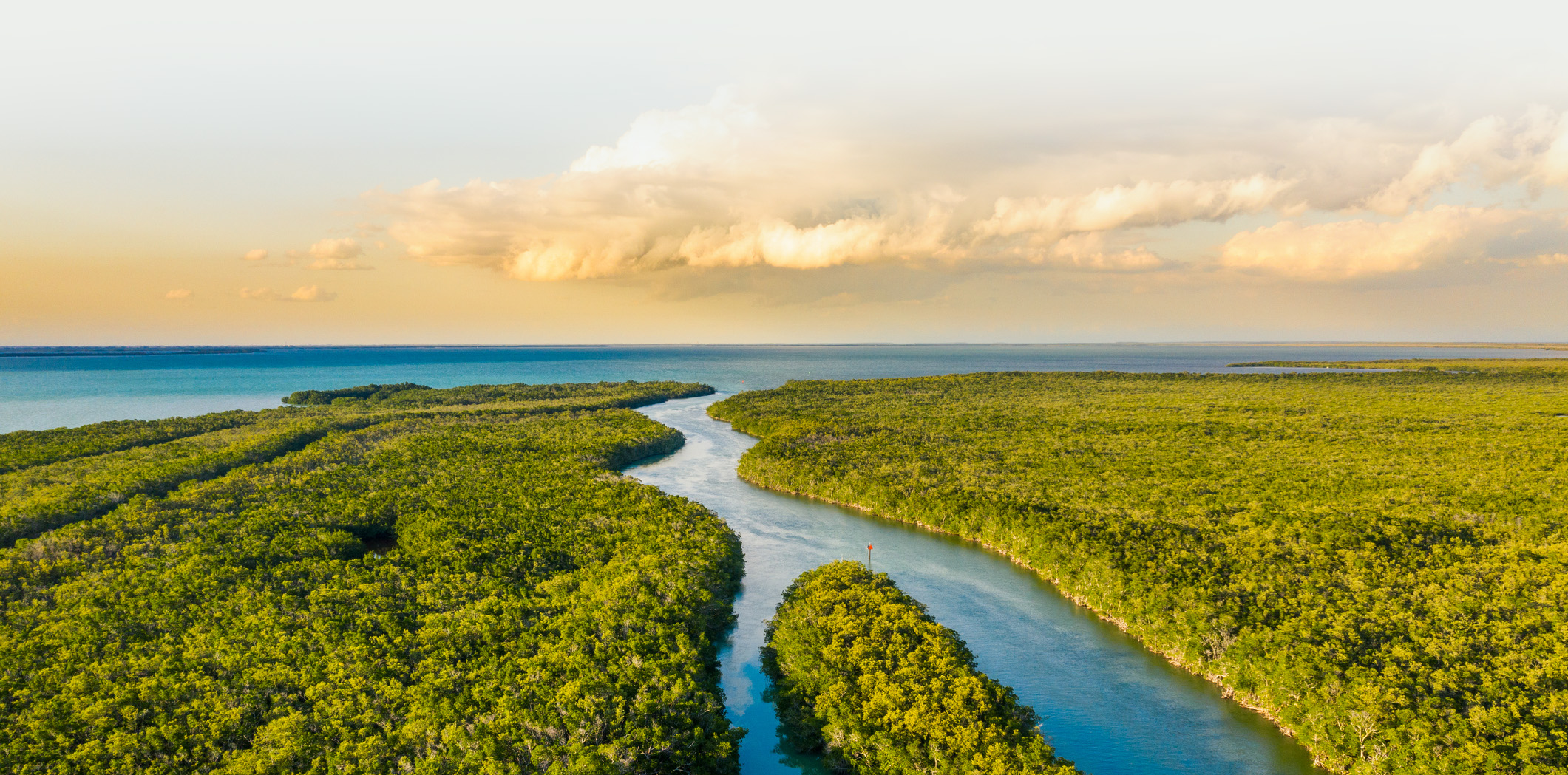Florida’s population is estimated to grow by 2.8 million more people by 2030, according to the Florida 2030 Blueprint. This growth provides tremendous opportunities to Florida businesses, but it also comes with increased risk to Florida’s fragile ecology. It also offers considerable opportunity for Florida job creators to communicate that they prioritize certain efforts as well as revenue and profit. After all, successful business leaders have proven that social responsibility and thoughtful business practices are key to business growth and sustainable profitability.
Sustainability, an essential element of social responsibility, is intended to protect Florida’s natural resources and is a priority of the Florida Chamber of Commerce and the business leaders who support us. It creates a long-term balance where businesses can flourish while promoting the health of the people and communities they serve. Each time pesticides, plastics, and other chemicals are released into the environment, it potentially impacts all of us. When people and companies make concerted efforts to think about and work towards addressing the quantity of waste and their disposal methods, it helps Florida become even more sustainable.
Larger companies can dedicate staff and resources to sustainability efforts and put a clear focus on reducing consumption, reducing carbon emissions, and other methods of protecting Florida’s natural resources. However, small to mid-sized businesses may not have the luxury of full-time safety and sustainability personnel due to being consumed with essential business needs. We understand that leaders of smaller businesses must focus on revenue, operations, and customer service from the moment they wake up to the minute they go to sleep and that sustainability can sometimes land further down the list of daily priorities. The Florida Chamber Sustainability Council aims to be a partner with small-to-mid-size businesses looking to incorporate intelligent, pro-business, sustainable practices into their business model without needing to add additional staff to achieve this.





